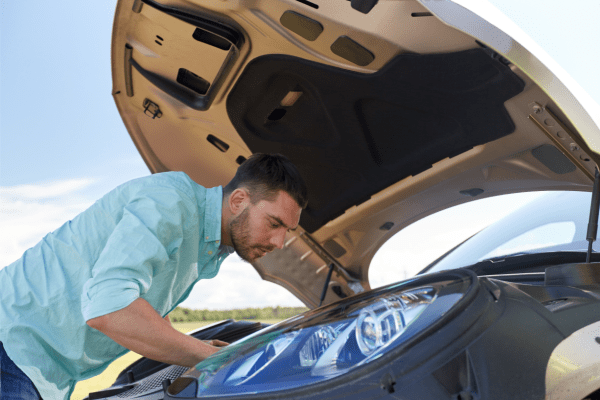DIY (Do-It-Yourself) projects can be both rewarding and cost-effective, but there are some areas where taking matters into your own hands can lead to trouble. One such area is auto repair. While changing your car’s oil or replacing the air filter might seem like manageable tasks, many DIY enthusiasts find themselves facing unexpected challenges and even danger when they delve into more complex auto repairs. In this article, we’ll explore four potential pitfalls of DIY auto repair that you should be aware of.
1. Lack of Expertise and Knowledge
Auto repair requires a deep understanding of a vehicle’s mechanics and systems. Modern cars are complex machines with intricate parts, and even seemingly simple repairs can turn into complicated endeavors. DIYers who lack the necessary expertise and knowledge may make mistakes that lead to further damage, safety risks, or even voided warranties. Without the right training, tools, and diagnostic equipment, DIY auto repair can quickly become a dangerous gamble.
2. Potential Hazards of DIY Auto Repair: Safety Cautions and Warnings
Safety should always be a top priority when working on any DIY project, and auto repair is no exception. When you delve into vehicle maintenance and repair, you’re entering a world where heavy machinery, intricate electrical systems, and potentially hazardous materials are common. Failing to observe proper safety precautions and use the appropriate safety equipment can put you in harm’s way.
For instance, mishandling a car’s jack or neglecting to secure it properly can lead to catastrophic accidents such as the car collapsing on you, resulting in severe injuries or even fatalities. Furthermore, when you’re dealing with electrical components, not adhering to the correct procedures can expose you to the risk of electrical shocks or fires, jeopardizing your safety and the safety of those around you.
To avoid these potentially life-threatening safety hazards, it’s often wiser to entrust auto repair tasks to highly trained professionals. They possess the expertise, experience, and safety know-how to navigate the complexities of auto repair safely, ensuring that you and your loved ones remain out of harm’s way while maintaining your vehicle’s functionality and reliability. Remember, when it comes to auto repair, prioritizing safety is the best practice to follow.
3. Complex Diagnostics: Navigating Troubleshooting Challenges
Modern vehicles are equipped with advanced computer systems that diagnose and manage various functions. When your car’s check engine light comes on, it may indicate a range of issues that require specialized diagnostic tools to pinpoint accurately. DIYers without access to such tools may resort to trial and error, replacing parts unnecessarily and incurring additional expenses. Professional mechanics have the expertise and equipment to perform thorough diagnostics, saving time, money, and frustration.
4. Warranty Concerns
Many new cars come with warranties that cover certain repairs and replacements. However, these warranties often have strict terms and conditions. DIY auto repairs can inadvertently void your warranty, leaving you responsible for all future repair costs. Manufacturers and dealerships may require documentation of professional servicing to honor warranty claims. If you’re unsure about your vehicle’s warranty or what it covers, it’s best to consult with a certified mechanic to avoid unintentional warranty breaches.
Conclusion
While DIY projects can be enjoyable and cost-effective, DIY auto repair is an area where the risks often outweigh the benefits. Lack of expertise and knowledge, safety hazards, complicated diagnostics, and warranty concerns can turn what seems like a simple repair job into a costly and dangerous endeavor. In many cases, entrusting your vehicle to a trained and certified auto mechanic is the safer and more economical choice. Professional mechanics have the skills, tools, and experience to diagnose and repair your vehicle correctly, ensuring your safety and preserving your warranty. So, before you roll up your sleeves and attempt a DIY auto repair, consider the potential pitfalls and weigh the risks against the benefits of professional service. Your safety and the well-being of your vehicle may depend on it.

